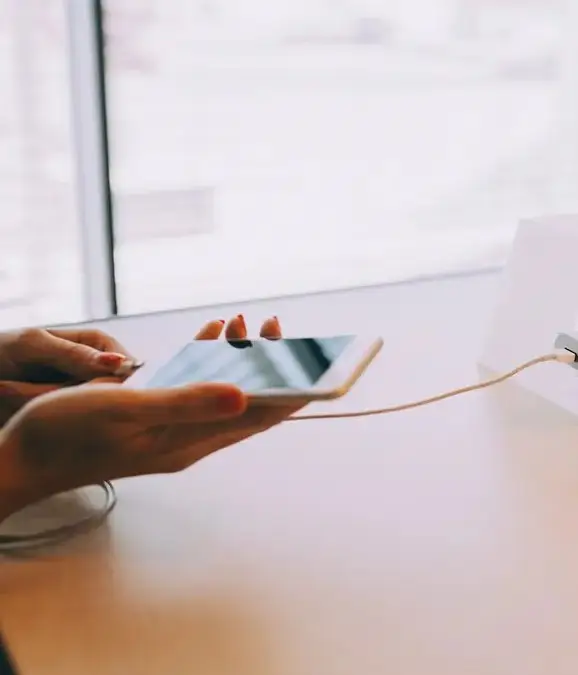
Security experts are warning travellers about the hidden dangers of using public charging stations.
In our digitally-focused world, our phones have now become our holders for boarding passes and other travel information making them more handier than ever.
Between catching up on Netflix during long-haul flights and scrolling social media in between connections, your phone battery will more than likely need a juice up on your journey.
However, experts warn you might want to think again before plugging into the airport sockets.
Advert
Last year, the Federal Bureau of Investigation (FBI) issued a warning against using free charging ports in places like 'airports, hotels and shopping centres.'
Since then Jae Ro, from plug adapter manufacturer SIGNAL + POWER, has shared his expertise.

While charging stations are convenient, they come with huge security risks.
Jae told Mail Online: "Bad actors have figured out ways to use public USB ports to introduce malware and monitoring software onto devices.
"These ports can be tampered with to install malicious software (malware) on your device.
"This malware can lurk undetected, quietly stealing sensitive information like passwords and banking details."
According to Jae, one common hacking technique is called 'juice jacking', where a corrupted USB port installs malware on your phone. It can lock you out of your device or even export all of your personal data and passwords directly to the hacker.
And where can you find these corrupted USB ports? In public charging stations.

"Once infected, your phone becomes vulnerable not just at the airport, but wherever you take it," Jae added.
But even if your device hasn't been tampered with, it still remains at risk.
The problem with charging cables is that data and power both pass through, making it possible for hackers to exploit the connection and gain access to your device.
"Charging stations can transfer both data and power," Jae said.
"While phones prompt users to choose between 'Charge only' and 'Transfer files' modes, this protection is often bypassed with charging stations."
He continued: "As a result, your device could be vulnerable to data interception or exploitation. This stolen data can later be used for identity theft or sold on the dark web."
So next time you're jetting off, make sure to pack the portable charger. And if you must use an airport charging station, consider using 'Data Blocker' Cables, as per Jae. These are USB cables which can 'prevent data transfer between your device and the charging station, allowing only power transfer.'
Better safe than sorry!